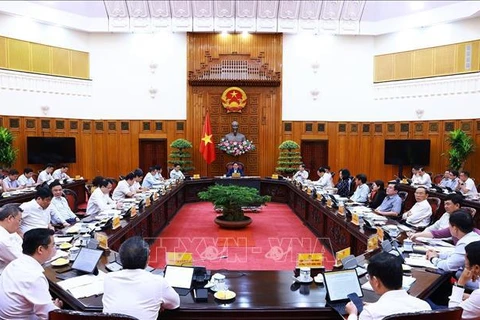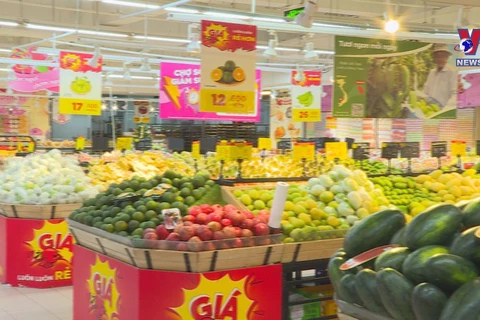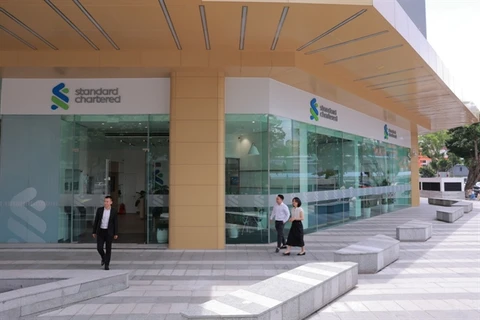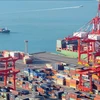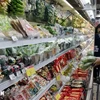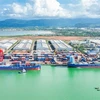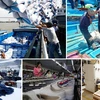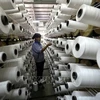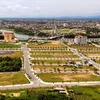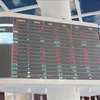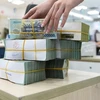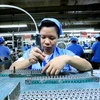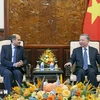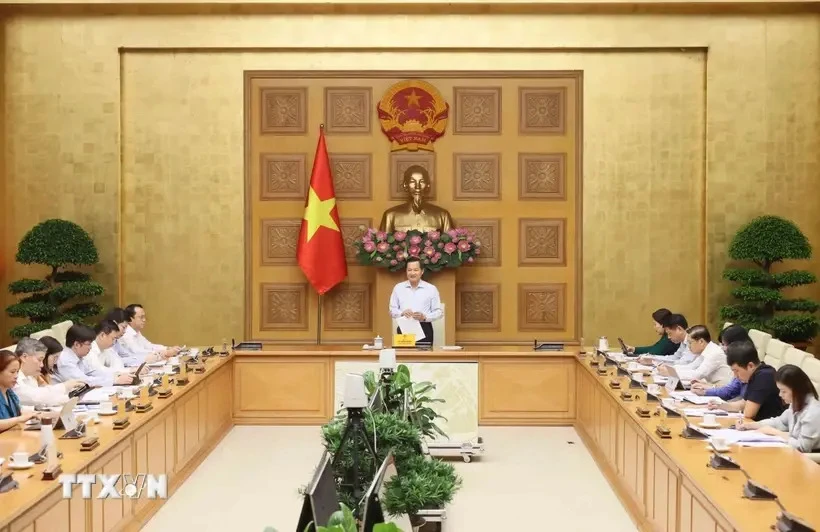
Hanoi (VNA) – The Price Management Steering Committee, led by Deputy Prime Minister Le Minh Khai, convened in Hanoi on June 12 to assess inflation control efforts in the first half of 2024 and directions for the remainder of the year, aiming to achieve inflation control as targeted by the National Assembly.
The Ministry of Finance, the committee's standing body, reported a 4.03% year-on-year increase in the Consumer Price Index (CPI) for the first five months of this year. Price hikes affected 10 out of 11 goods and services categories, with only post and telecommunications services experiencing a decline.
To maintain macro-economic stability and follow the Government’s pricing roadmap for public services and State-controlled goods, PM Pham Minh Chinh and Deputy PM Khai have directed ministries, agencies and localities to adopt a range of solutions. These include ensuring the smooth supply and distribution of essential goods and services, especially strategic items like fuel and electricity, and enhancing logistics connectivity to drive the consumption and export of agro-forestry-fisheries products.
The Ministry of Industry and Trade highlighted its ongoing monitoring of market trends and commodity prices, especially for fuel and electricity. They are collaborating with other ministries and local authorities to enhance the accuracy of price forecasts.
Deputy Finance Minister Le Tan Can warned of some factors that put pressure on prices in the remaining months of the year, including the adjustments of prices of goods and services managed by the State such as education services and electricity. He also mentioned possible rises in domestic airfare due to a combination of factors, including workforce and aircraft shortages, rising fuel costs, and a strengthening US dollar against the Vietnamese dong.
Besides, the deputy minister predicted fluctuations in the prices of construction materials and basic consumer goods and services, potentially adding further pressure to inflation. However, he offered a glimmer of hope, suggesting that easing global inflationary pressures could provide some relief in the coming months. In addition, Vietnam's domestic agricultural sector is expected to perform well, ensuring a steady supply of food for both domestic consumption and export.
Several tax relief policies performed in 2023 will continue into 2024, including reductions in environmental protection taxes on gasoline and diesel, as well as value-added taxes on specific goods and services, which are expected to ease the cost burden of fuel and other goods, further contributing to inflation control efforts, he said.
In closing remarks, Deputy PM Khai called for continued vigilance and proactive management from all stakeholders to effectively contain inflation./.
